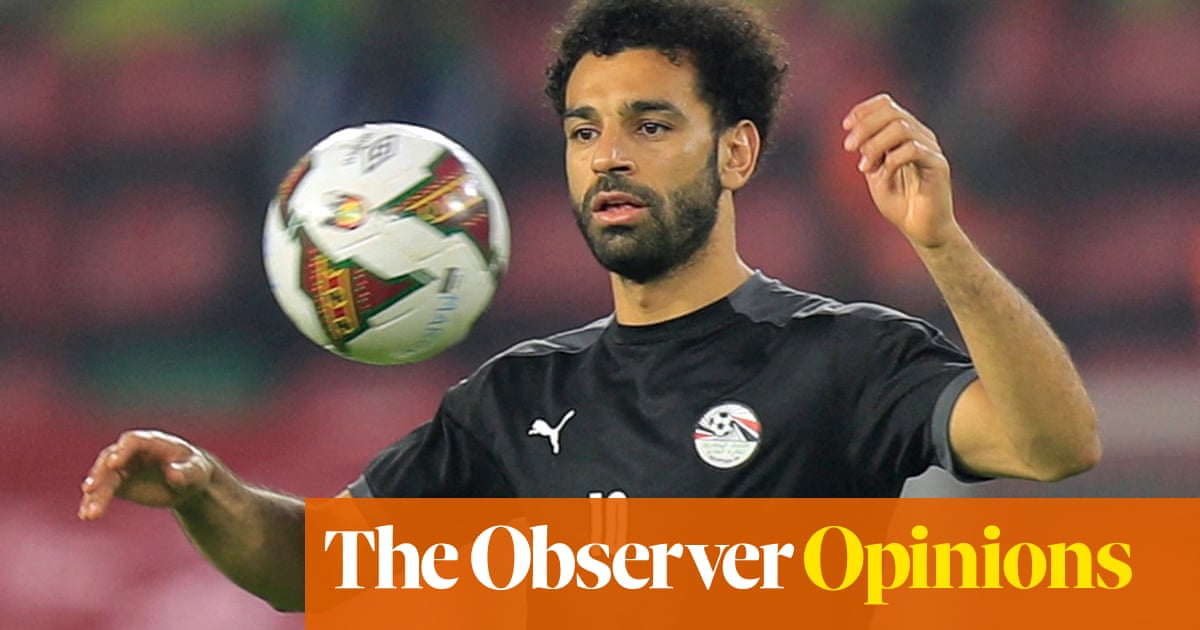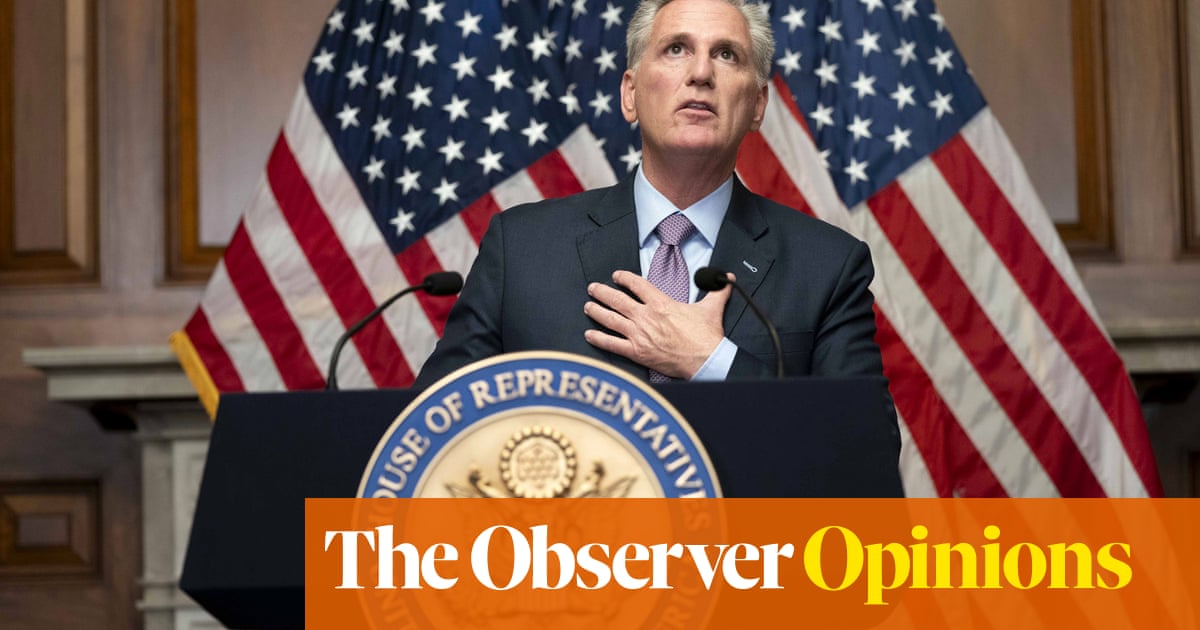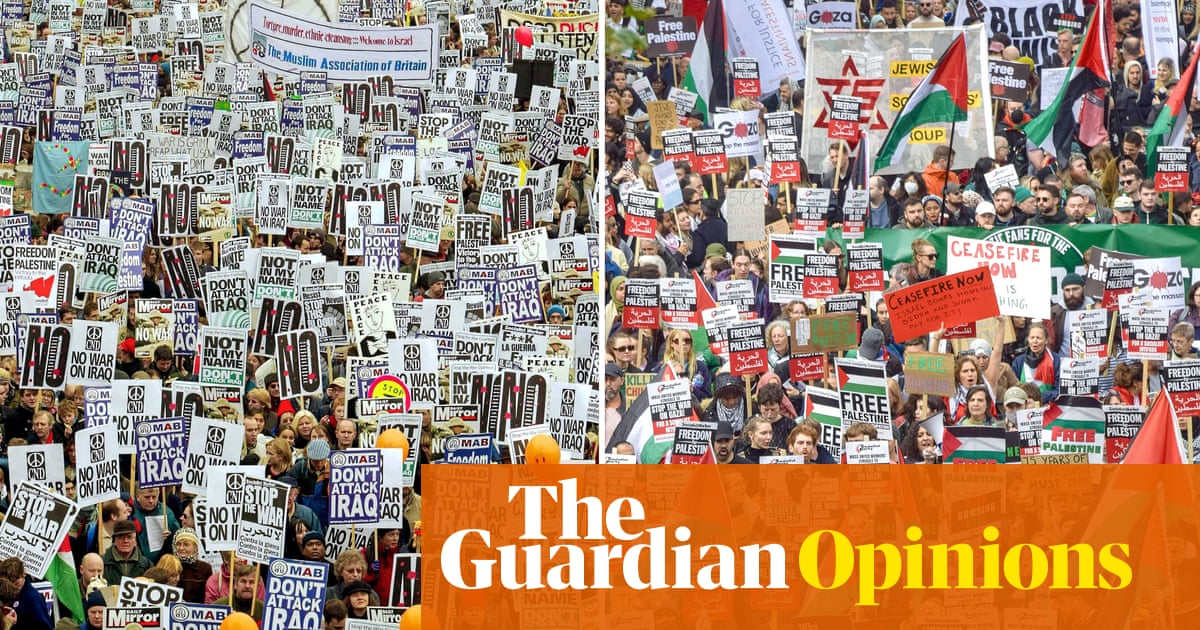
This Saturday, the Africa Cup of Nations (Afcon) – or to give the competition its full title, the TotalEnergies Afcon 2023 – the continent’s biennial international men’s football tournament, will kick off in Ivory Coast. The main point of interest, in the British sports press at any rate, is the impact that this will have on the course of the Premier League, where the leading teams will, mid-season, be losing their African star players for up to six weeks. Less remarked on, perhaps, is that Afcon 2023 is actually being played in 2024, and that its title is so prominently linked to the French hydrocarbon giant.
For more than half a century, the tournament has been played in January and February but, in an effort to placate the needs of a few European leagues and clubs, the Confederation of African Football (Caf) had originally scheduled this edition for June and July 2023. However, those dates coincided with west Africa’s rainy season, and under conditions of climate crisis the region has become more vulnerable to more extreme weather events at this time of year.
So much so that the organisers felt it necessary to shift the event back to its winter slot, though now in 2024. It was not intended, I imagine, but like the efforts to rename extreme weather events after fossil fuel companies, it seems entirely appropriate that the TotalEnergies name should be so closely bound to this occasion.
Contemporary African football is hardly unique in its close and dependent relationship on the hydrocarbon industry. Over the past few decades Chevron (parent company of Texaco), Shell, BP (in the shape of its lubrication brand Castrol), Petrobras in Brazil and Eni in Italy have been major sponsors of competitions and clubs. Russia’s Gazprom, before the war in Ukraine, had sponsored the Fifa World Cup and Uefa Champions League, as well as clubs such as Schalke 04 in Germany and Serbia’s Red Star Belgrade. Azerbaijan’s state oil company, Socar, shared its largesse with Uefa and Atlético Madrid.
More recently, all these efforts have been eclipsed by the huge sums spent by three petrostates – Qatar, the United Arab Emirates and Saudi Arabia – which have not merely sponsored European clubs but bought them outright, and not merely sponsored tournaments but staged them. That said, even the 2022 World Cup was still the Fifa World Cup, not the Qatar Energy World Cup, and, although I am ready to be surprised, the 2034 World Cup is not as yet being sold as the Saudi Aramco World Cup. Perhaps it should be?
Oil money has certainly been fuelling African football for some time. A number of Afcon hosts – Angola in 2010, Equatorial Guinea in 2012 and 2015, and Gabon in 2012 and 2017 – have spent enormous amounts, overwhelmingly derived from their hydrocarbon industries, on new stadiums. These have all proved to be disastrous pharaonic investments, currently rotting for want of tenants and maintenance.
TotalEnergies’ involvement with the African game began in 2016, when it signed an eight-year sponsorship deal with Caf, for an undisclosed amount, covering all of its international and club competitions. Caf’s disastrous financial management, including the cancellation of a $1bn (£800m) deal with the French sport marketing agency Lagardère, have made it dangerously dependent on TotalEnergies.
TotalEnergies’ record in Africa is mixed, to say the least. As with all foreign extractive giants there, it has been accused of tax avoidance, malign political interference in domestic politics and problems of pollution and displacement. Its two most controversial projects are an LNG extraction facility in Cabo Delgado in Mozambique and the huge East African crude oil pipeline (Eacop) that will take oil extracted from Lake Albert in Uganda across Tanzania to the Indian Ocean coast.
Cabo Delgado required the displacement of thousands of residents, and, despite a variety of compensatory payments, NGOs report the widespread loss of livelihoods, relocation of communities now unable to fish and destruction of fish stocks and marine habitats. Eacop, due to be completed in 2025, is likely to displace tens of thousands of people, there has already been punitive and aggressive treatment of protesters, and it threatens fragile ecosystems with yet more pollution. And the project will involve the release of global heating gases more than 25 times the current annual emissions of Uganda and Tanzania combined.
Parallel to this deluge of hydrocarbon money, world football has been waking up to the threats posed by the climate crisis. Global heating, not least in Africa, will make football an increasingly hazardous sport to play outdoors. Extreme weather, sea level rises and flooding are already affecting schedules and infrastructure. Africa’s coastal cities and their stadiums are extremely vulnerable to these dangers. Consequently, Fifa, Uefa and some leading football associations and clubs have been signing up to the UN’s Sports for Climate Action framework, pledging to halve their emissions by 2030, and go net zero by 2040.
Environmental initiatives, such as the English Football League’s green football weekend, are multiplying. At best, some of these programmes are beginning to make a difference in terms of reduced emissions and changing public attitudes; at worst, they are profoundly disingenuous.
Fifa, for example, has had to stop describing the Qatar World Cup as a carbon-neutral event since a Swiss court found its claims to be unfounded. Either way, as long as the game and its most powerful organisation are in thrall to the greenwashing of states and corporations, it is impossible to see how it can make a positive contribution to this most urgent of global problems.
Caf and TotalEnergies, wisely, are making no such claims about Afcon 2023. The absence of this kind of hypocrisy and greenwashing brings little solace though. TotalEnergies and the rest of the hydrocarbon industries offer Africa only more extraction, more pollution and more global heating. They are distributing profits and dividends that massively outweigh the climate mitigation funds available to Africa.
Africa needs energy, but it does not need more fossil fuels, yet, like Caf, it has few options. Despite the continent’s immense potential for deploying renewable energy sources, it receives just 2% of the world’s investment in the sector. That one of Africa’s great cultural treasures, its vibrant football cultures, and this great pan-African tournament should serve the continent’s agents of destruction is not just a tragedy, it is a crime.
David Goldblatt is the author of The Ball is Round: A Global History of Football and The Game of Our Lives












